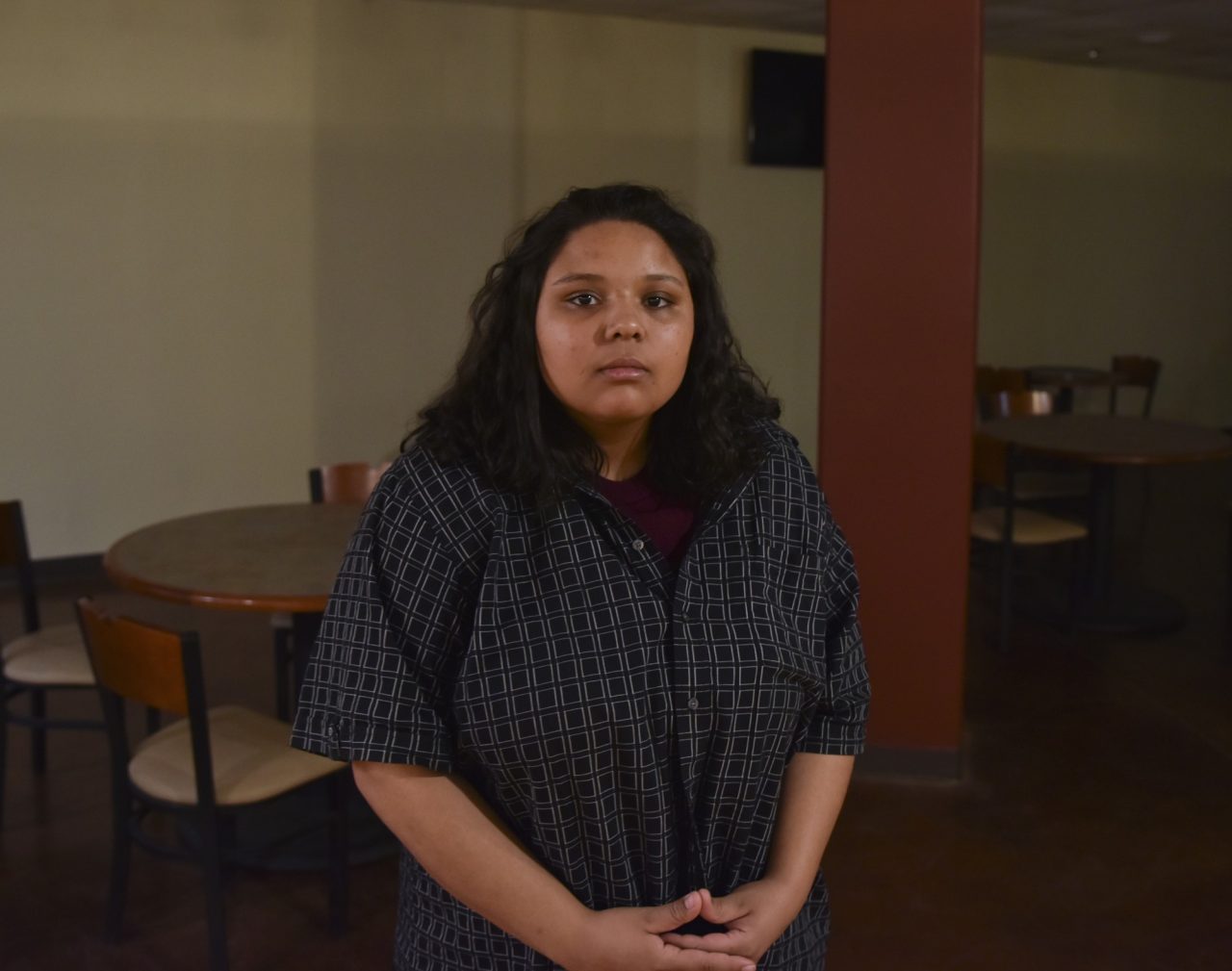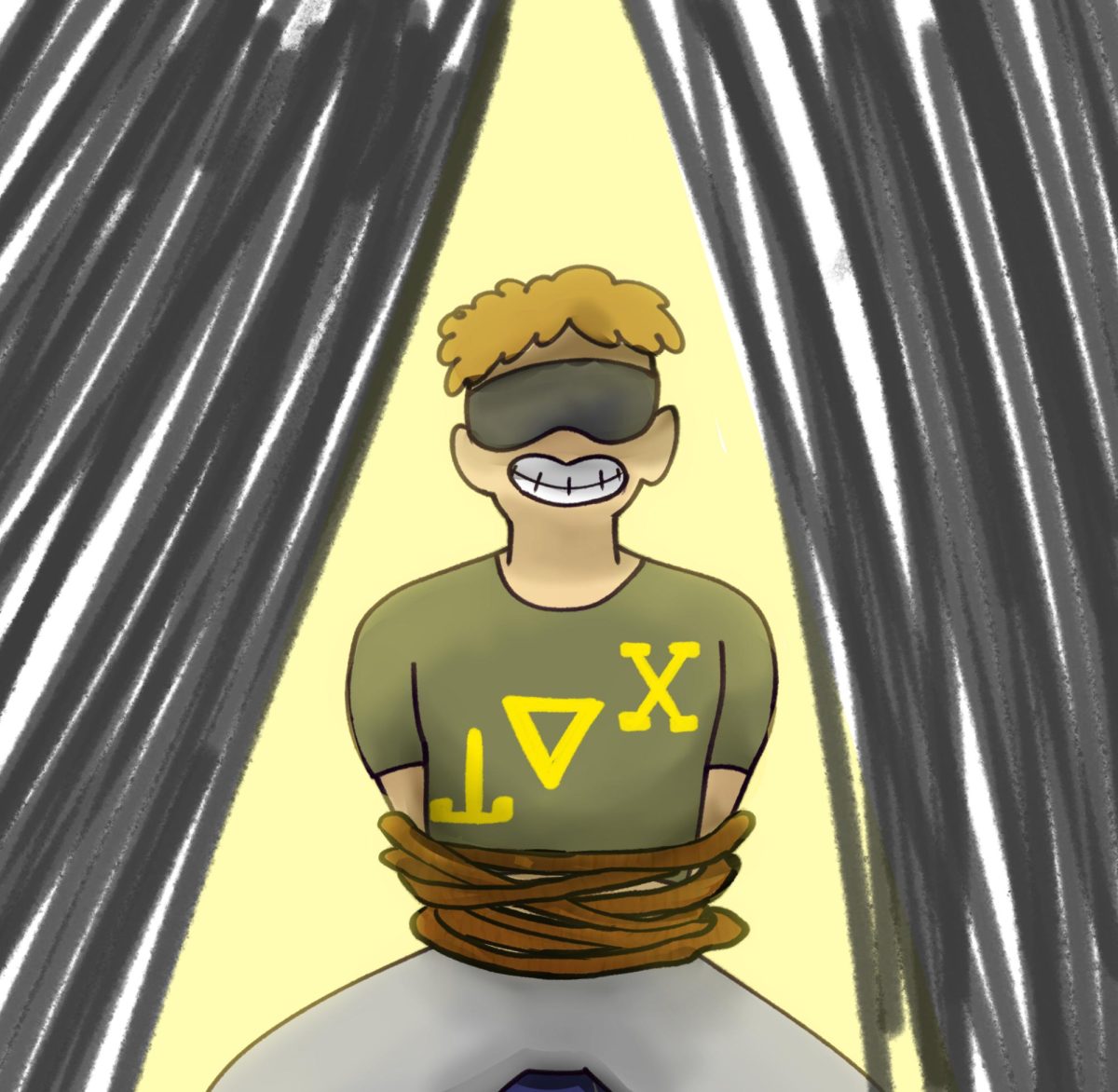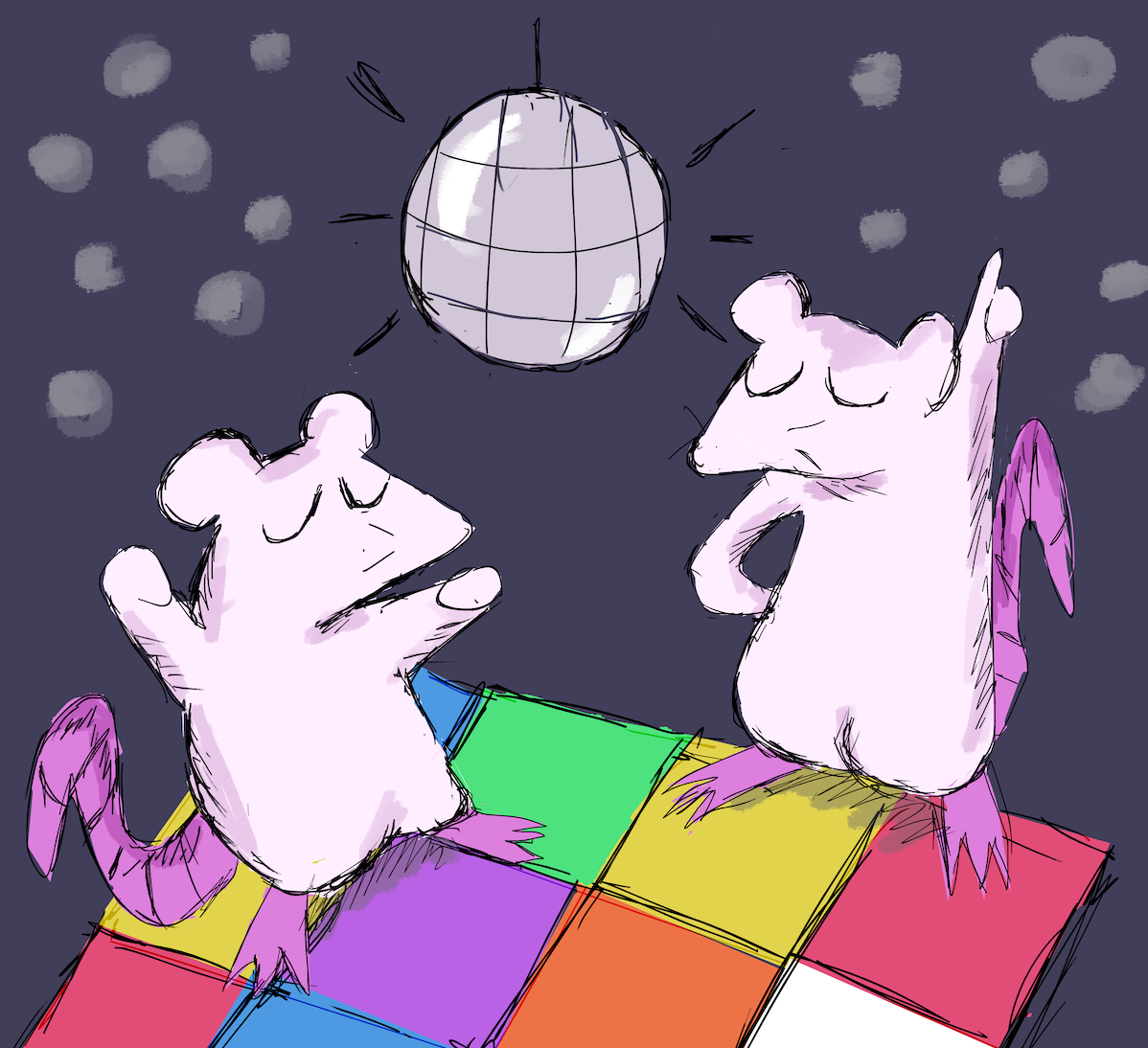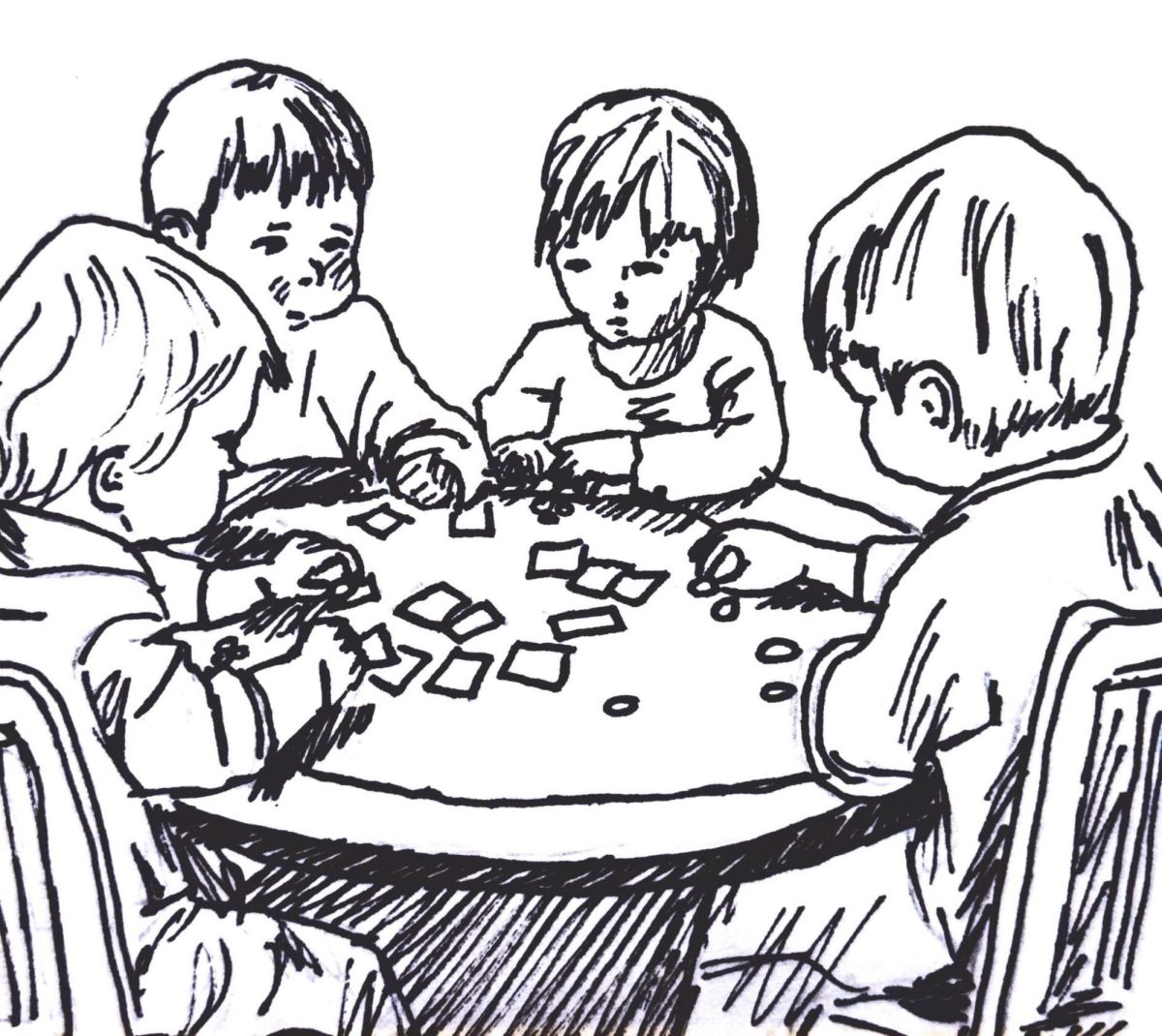Photo by Henry Pratt
Trinity is not our home and never has been. I’ve reviewed some of the archived articles submitted to the Trinitonian by the predecessors of the Black Student Union and found them to be disturbingly similar to today’s. About 50 years have passed since these articles called for better representation, stronger community efforts and more attention from administration, yet I struggle to see what steps have been taken by the university to address any of these issues. I concede that things are marginally better: sororities have stopped doing black face and there’s only an n-word scandal a few times a semester. Administration seems to believe that this rate of change should be enough for us. I personally neither trust nor am satisfied by this slow-moving progress.
Even if we were to ignore the drastic underrepresentation of black students and faculty at Trinity (both are under four percent), there are still underlying issues to the experiences of those who are here. “We understand the construct of this institution. We know this is a PWI [Predominately White Institution]. That’s not the problem,” sophomore Jaelen Harris said. The issue is not the people who aren’t here, it’s what’s going on with the people who are. It seems that the issues we confront as black students lose their severity when translated or compared to radical acts of racism from other or past institutions. However, these issues are still problems for black students. To pull from a Feb. 2, 1990, article, “It’s not overt racism, but a
lack of experience with how to deal with a black person, a lack of exposure.”
How many unhappy black students does it take to concern an administrator? Part of my personal experience is having to watch my own friends and community members endure the systemic issues of this institution. I’ll quote my friend, junior Kievan Boudreaux-Bostic: “You could ask just about any black student how their experience here has been and they will say unsatisfactory. That’s not a problem with black people in the room, that’s a problem with the administration.” If most of us are unhappy, how can our collective experience not be a problem? One unhappy black student is an outlier, a few is an issue, but most is an epidemic.
Those of you who have entered this reading with a defensive or dismissive state of mind may be looking for specific examples in my narrative. I understand that people rely on specifics to establish trust, and I won’t question the importance of credibility. But why does this specific topic so often leave folks begging for evidence? If I were writing an op-ed on a nasty smell in the Chapman lobby, would you think first to go smell it for yourself, or trust me enough to use the library bathroom instead? I don’t think the issue here is a lack of sources; it’s a lack of trust. To distrust a majority of the black student demographic is not an act of radical racism, but it is an act of implicit racism. We shouldn’t have to cite every microaggression or footnote every disheartening racial issue to receive administrative attention. University administration is there to facilitate the best experience for students as possible. Students shouldn’t have to fight to receive validity or priority; we should expect it. We should expect change — change that is more productive than performative. Change that is meant to fix rather than to silence.
The people that seem to be actively pushing for such productive change are the students, but we are filtered out every four years, disillusioned, tired and generally unsuccessful. Our brevity is our weakness. I and others have tried to make some distinct change on this campus, but the nature of the beast is that it can and will outlast me.
Administrators are the only sustainable benefactors of their students’ causes. If they remain apathetic, progressions will die with every graduation.
You might say that I’m dramatic, whiny or over-glorfiying my importance on this campus. To that I’ll say that the false diversity advertised in Trinity pamphlets is dramatic, the unconcerned and not-to-be-bothered administration is whiny, and the diversity pillar we advertise at prospective student events is truly over-glorifying its importance on this campus.
I came here with a vastly different understanding of how this experience would be. I didn’t think I’d have to get used to being the only black person in almost every room I enter. I didn’t think I’d need to raise my tolerance for flippant use of racial slurs (without repercussion). I didn’t think I’d have my problems (and my proposed solutions) dismissed by administrators who don’t think my identity is a priority.
Ralph Ellison wrote “I am an invisible man.” We are invisible students. This is an invisible article. Controversial today, archived tomorrow — along with those of my brothers and sisters from a different time but on the same unfortunate boat.






